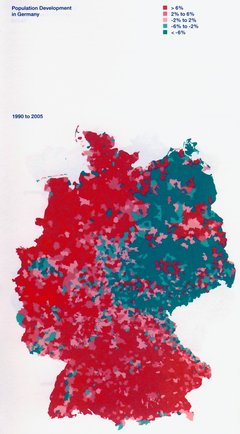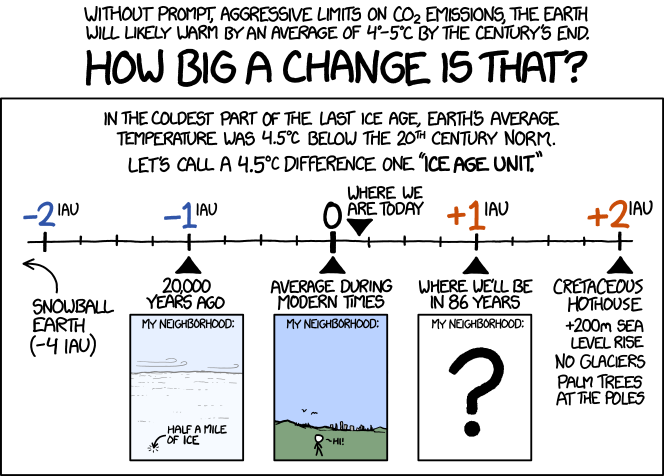Domen
Misico dux Vandalorum
Population change in Germany 1990 - 2005, red areas = pop. increase; green areas = pop. decrease (basically former DDR):


Some abandoned (?) dwelling houses in East Germany:
http://webcache.googleusercontent.c...ec+&cd=1&hl=pl&ct=clnk&gl=pl&client=firefox-a






Some abandoned (?) dwelling houses in East Germany:
http://webcache.googleusercontent.c...ec+&cd=1&hl=pl&ct=clnk&gl=pl&client=firefox-a
Spoiler :










